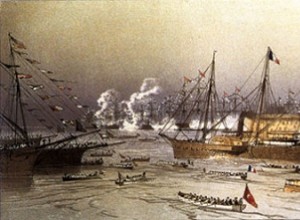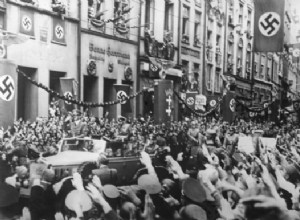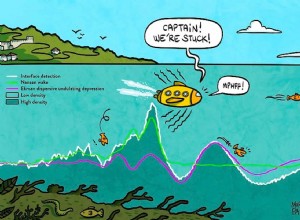There have been many debates about the superiority of the F-5 over the MiG-21Fishbed and vice versa. Thousands of these cheap, light fighters were built and served in more than 60 air forces around the world. The first clash of the two types occurred in 1977 in the Ethiopia–Somalia War when Ethio




